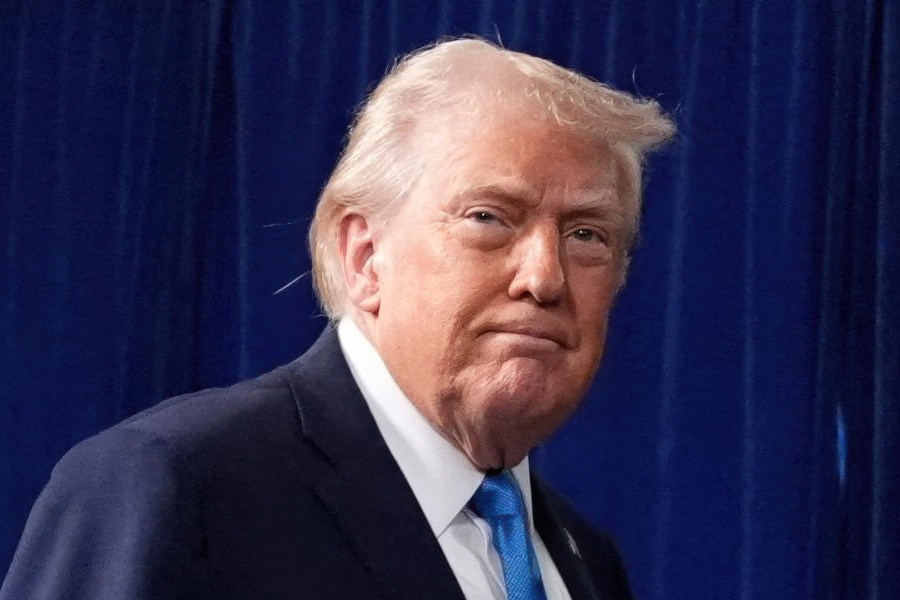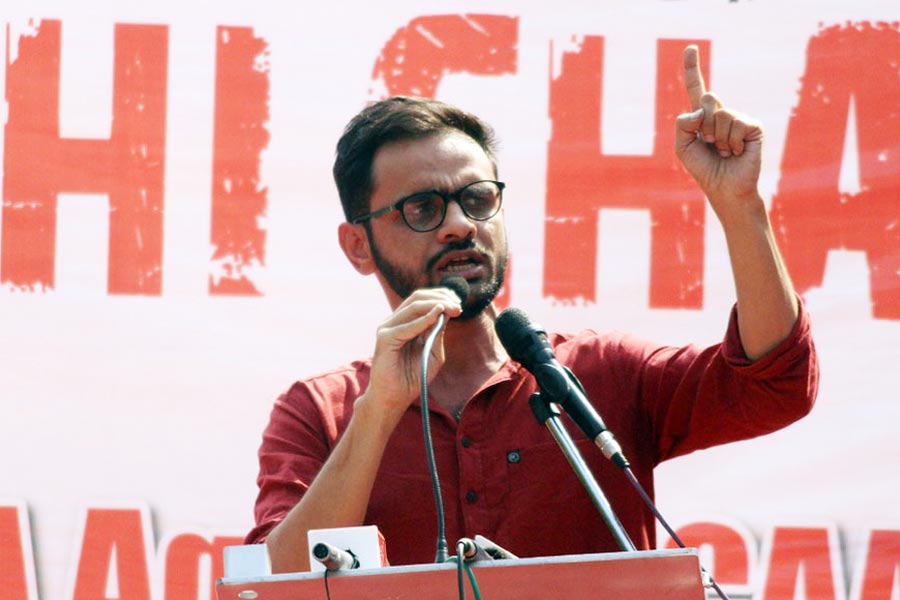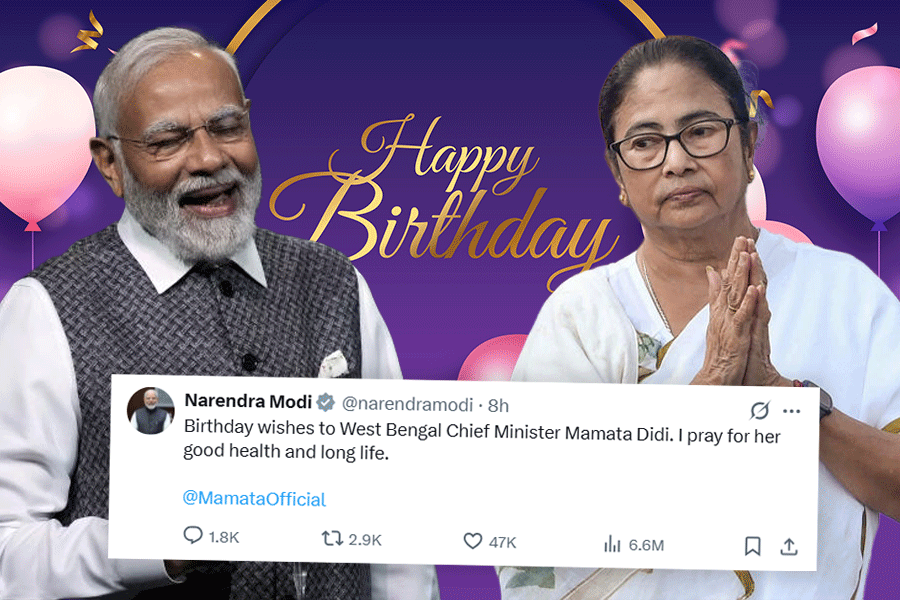The stage is set for a battle royale between the government of India and the social media giants with WhatsApp moving the Delhi high court challenging the Centre’s new IT rules that require the messaging app to “trace” chats and make provisions to identify the first originator of information.
With the rules taking effect from Wednesday and no sign of compliance from the social media giants, India’s IT ministry has asked the large social media platforms to immediately report the status of appointments of key personnel under the new rules. So far, only Facebook has said it would comply with the new rules but did not give any date on meeting its obligations.
The Information Technology (Intermediary Guidelines and Digital Media Ethics Code) Rules, 2021 directs intermediary platforms to put in place provisions to ensure “identification of the first originator of the information”.
WhatsApp — which moved court at the last moment on Tuesday, the day before the rules come into effect — has argued that the provision is unconstitutional and against people’s fundamental right to privacy which has been upheld by a Supreme Court decision.
WhatsApp also submitted that the provision goes against the concept of end-to-end encryption as it would force private companies to collect and store “who-said-what and who-shared-what” data for billions of messages daily just for the requirement of law enforcement agencies.
The law requires WhatsApp to unmask only people credibly accused of wrongdoing. But the company says it cannot do that alone in practice since messages are end-to-end encrypted. To comply with the law, WhatsApp says it would have to break encryption for receivers as well as “originators” of messages.
It has asked the Delhi High Court to declare the first originator identification provision as unconstitutional.
The Intermediary Guidelines and Digital Media Ethics Code, promulgated by the ministry of information technology, says “significant social media intermediaries” could stand to lose their protection from lawsuits and criminal prosecution if they fail to adhere to the code.
The government on Wednesday said it respects the right to privacy and the requirement of tracing origin of flagged messages under the new IT rules is for prevention and investigation of “very serious offences” related to the sovereignty of India or public order.
In a statement, the IT ministry termed WhatsApp’s challenge to the intermediary guidelines as an unfortunate attempt to prevent norms from coming into effect.
The UK, US, Australia, New Zealand and Canada require social media firms to allow for legal interception, it said, adding, “What India is asking for is significantly much less than what some of the other countries have demanded.”
Cyber law expert Pavan Duggal said: “It is interesting that a service provider who was thrusting on amending its privacy policy down the throats of Indian users without respecting their privacy, is today shooting from the shoulders of the same users agitating that the new IT rules violate their privacy”.
“Till such time, the court of law does not set aside or stay the operations, these rules will have to be complied with by all intermediaries. It is also a high time that India needs to give a solid message of deterrence. India should not allow commercial exploitation of its market by social media platforms, who do not wish to comply with the Indian law.”
Karnika Seth, who also specialises in cyber law, said a data protection law is mandatory. The current IT Act does not have robust enough provisions to take express consent from consumers on what data is taken and how it will be processed.
“The government should also have reasonable suspicious material or basis to ask for traceability or origin of a message. Only where there is a justifiable legal basis can tracing origin of a message be called into question and investigated according to the due process of law,” she said.
WhatsApp, which has over 400 million users in India, was acquired by Facebook in February 2014 from Jan Koum and Brian Acton for $19 billion.
“It's going to be an interesting balancing act between the conflicting interests of the govt , whatsapp and the public at large. Some of the requirments are quite fair, however, right to privacy also cannot be taken lightly,” Vaibhav Gaggar, Senior Partner, Gaggar & Partners.
Puneet Bhasin, cyber law expert, said “in the absence of data protection law in the country, it would be interesting to see how the courts interpret right to privacy.”
Internet freedom activist Nikhil Pahwa said “for WhatsApp to enable identifying originator of even one message, it would mean that they have to rearchitect the entire platform. This potentially compromises all its users . The court will have to decide if it is proportionate to violate the privacy of everyone to identify one sender of a message. It's not proportionate. Of course, in all of this, government is being coy and saying, "We're not asking you to break end to end encryption", knowing fully well that that's the only way this can be implemented.”












